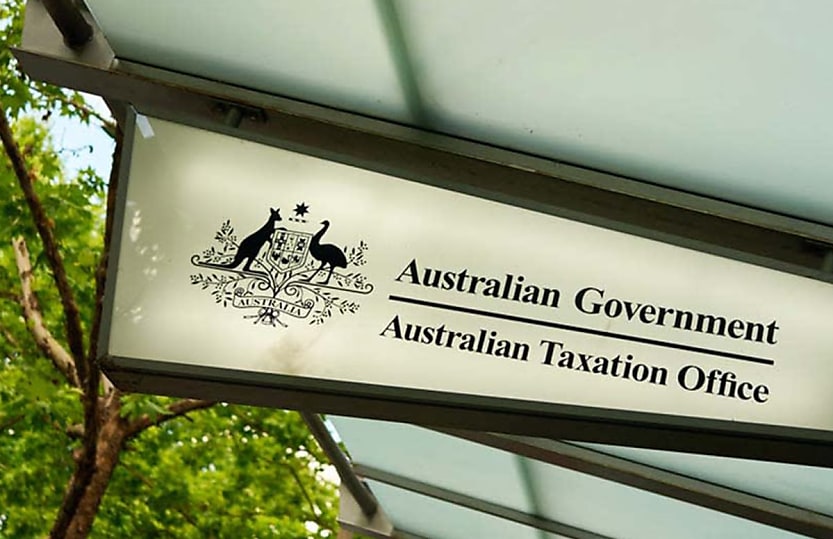ATO warns Next 5,000 Groups against outgrowing their tax reporting

The nation's largest private groups have once again been put on notice about the consequences of not maintaining fit-for-purpose tax governance and reporting frameworks.
Building on insights from its review of the Next 5,000 program and ongoing assurance reviews, the ATO has stressed the importance of maintaining accurate reporting processes during periods of business change.
“Many Next 5,000 groups are dynamic. During phases of change it’s easy to overlook establishing the right reporting and tax administration procedures,” said the ATO.
“We expect your record-keeping and administrative procedures to keep pace with the changing scale and complexity of your business."
The agency also noted that the tax and financial advice needs of captured entities often change during periods of business change.
It specifically referenced research and development, trusts, and Division 7a as examples of areas where specialist advice might need to be engaged.
The Next 5,000 program targets privately owned groups in control of net wealth of $50 million or more. The ATO uses a range of data matching and analytical modelling techniques to connect individuals, and their groups, to their associated and controlled entities.
It considers the last two years of income tax returns and considers all entities within a group.
An assurance review tends to take four to six months and considers four key areas: governance; any tax risks flagged to the market; any new and significant transactions; and any book-to-tax anomalies.
It is designed to fill the disclosure gaps that would otherwise exist for private groups and, according to the Tax Office, given the ageing demographic of these taxpayers, their financial activities often involve succession planning and wealth transfer arrangements.
The update reinforces the importance of private groups having documented governance procedures and clear processes.
Last November, the ATO released a report on its review of the Next 5,000 program. As of 31 August 2023, it had reviewed 7,198 transactions, activities, and events of captured groups and had finalised 1,078 streamlined assurance reviews.
It concluded that a majority of captured entities and their advisers engage appropriately with the ATO and are willing to correct their mistakes.
However, it found a lack of documented governance processes and procedures including poorly defined roles and responsibilities between groups and their advisers.
Groups without documented processes and procedures were disproportionately likely to incorrectly report significant events, transactions, and activities.
In a similar vein to the ATO’s more recent update, the review found that “rapid growth” tended to undermine tax governance frameworks.
The ATO said it was often unable to obtain assurance over a range of tax issues including the sale of significant assets, trust distributions, reporting, related party transactions, GST, business as usual expenditure, and intra-group transactions.
It also identified cross-border transactions, domestic wealth transfer, wealth extraction including by use of private equity funds, and succession planning as key priority areas.
"The update that we published today does not mean that we are seeing an increasing number of private groups with tax governance which could be improved," an ATO spokesperson told Accounting Times.
"Rather, our update is intended to remind private groups and their advisers of the common tax issues and areas of improvement we are seeing and assure them that the Next 5,000 program will support them with the resources and information to get it right."
About the author

